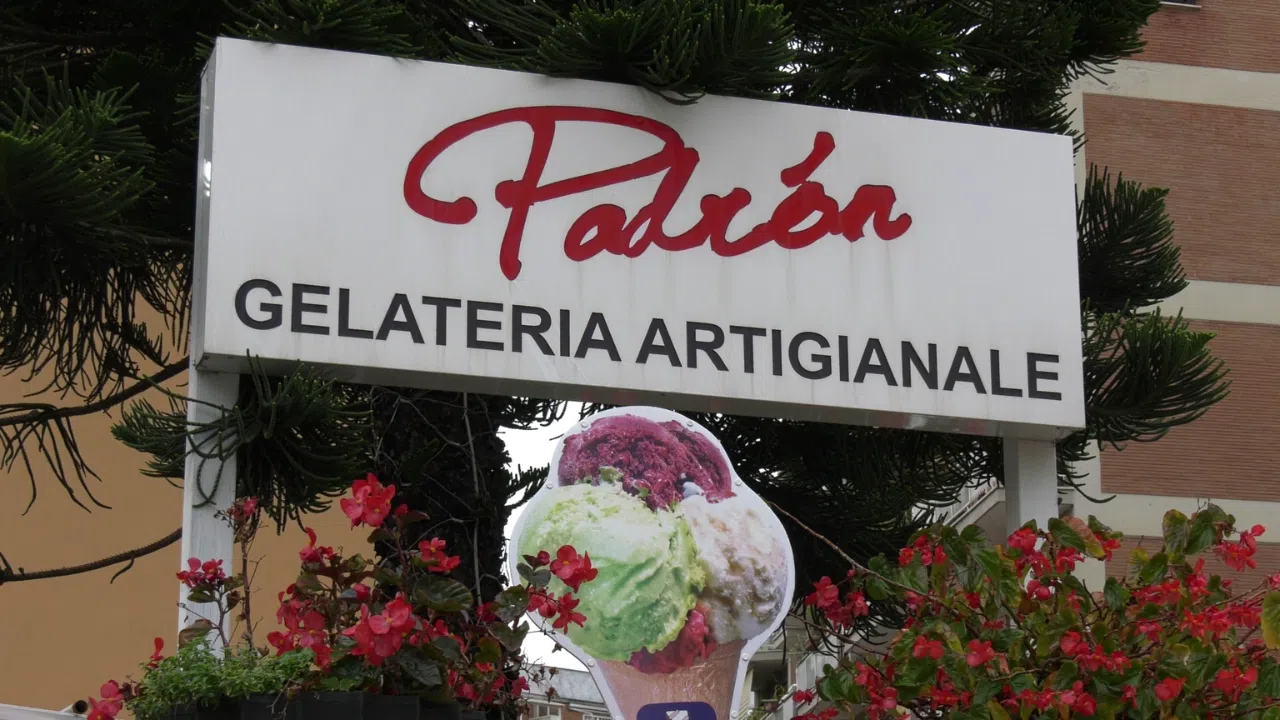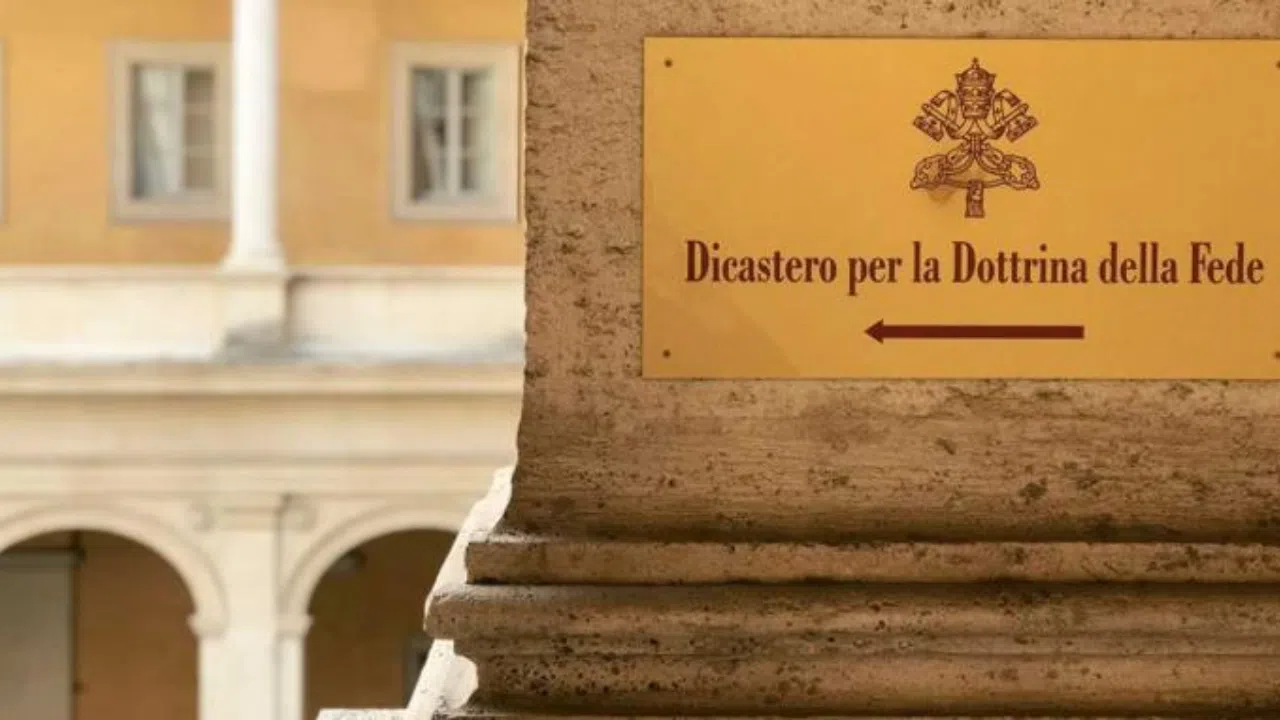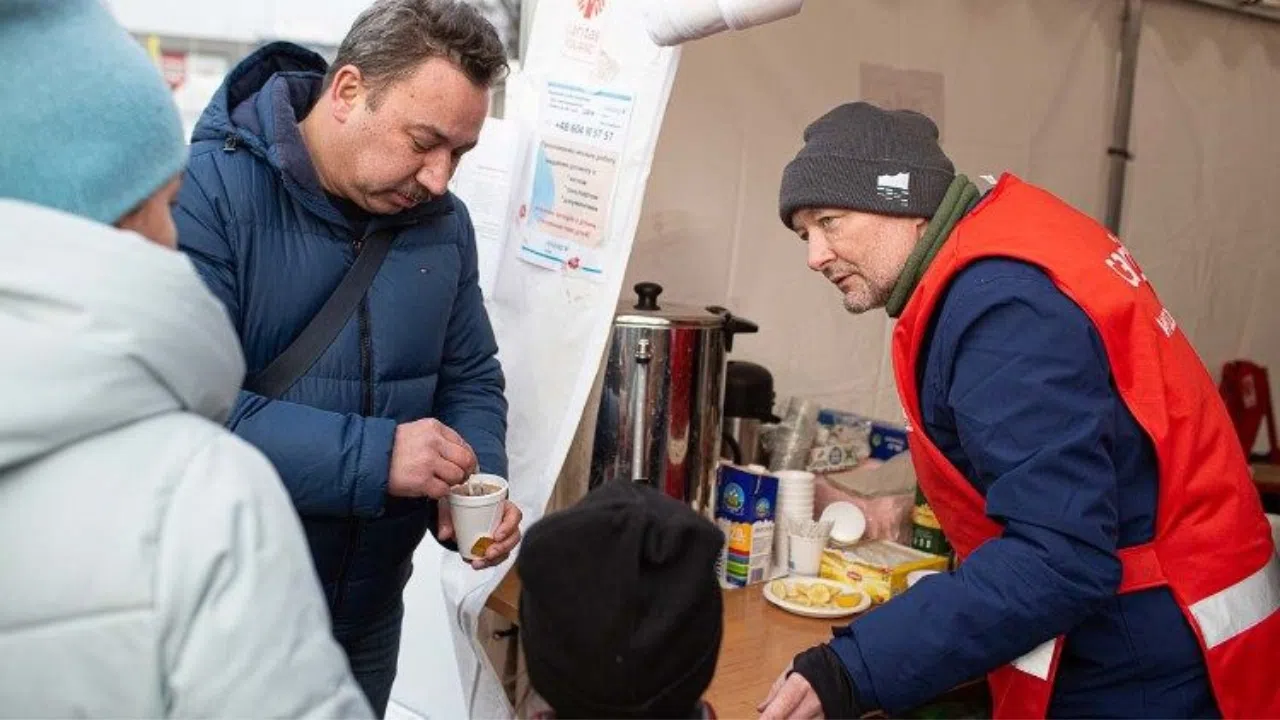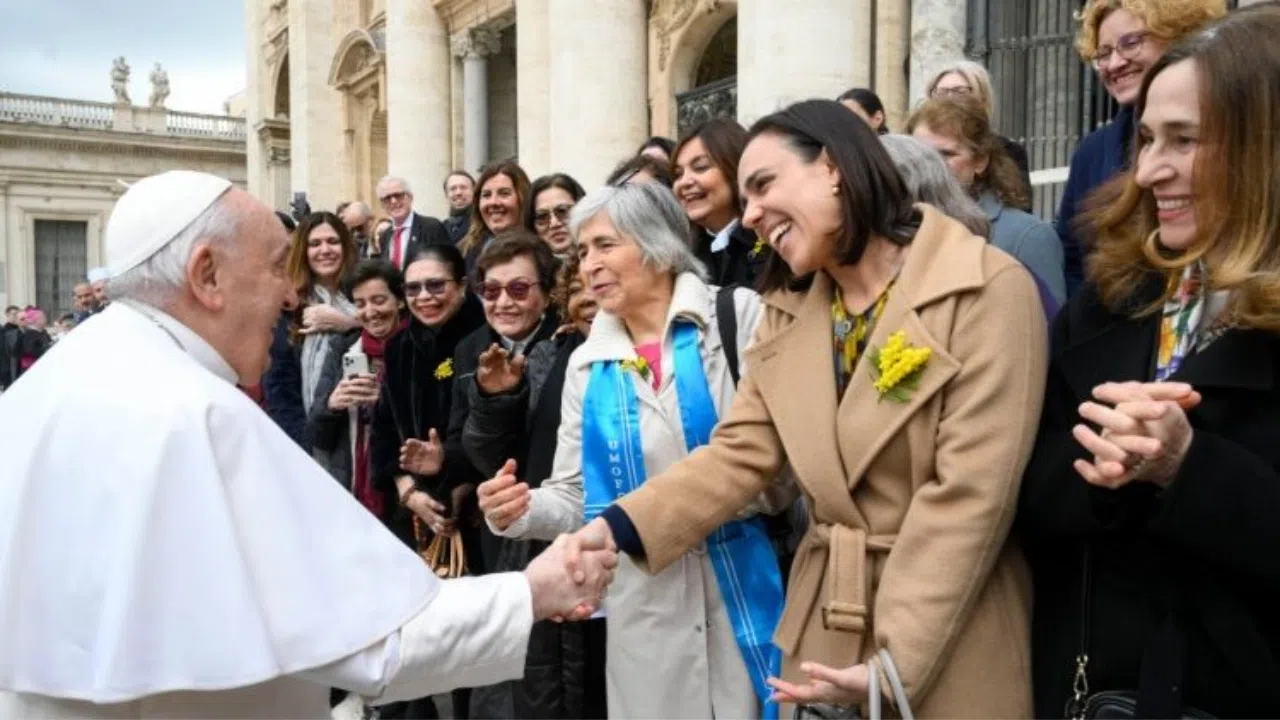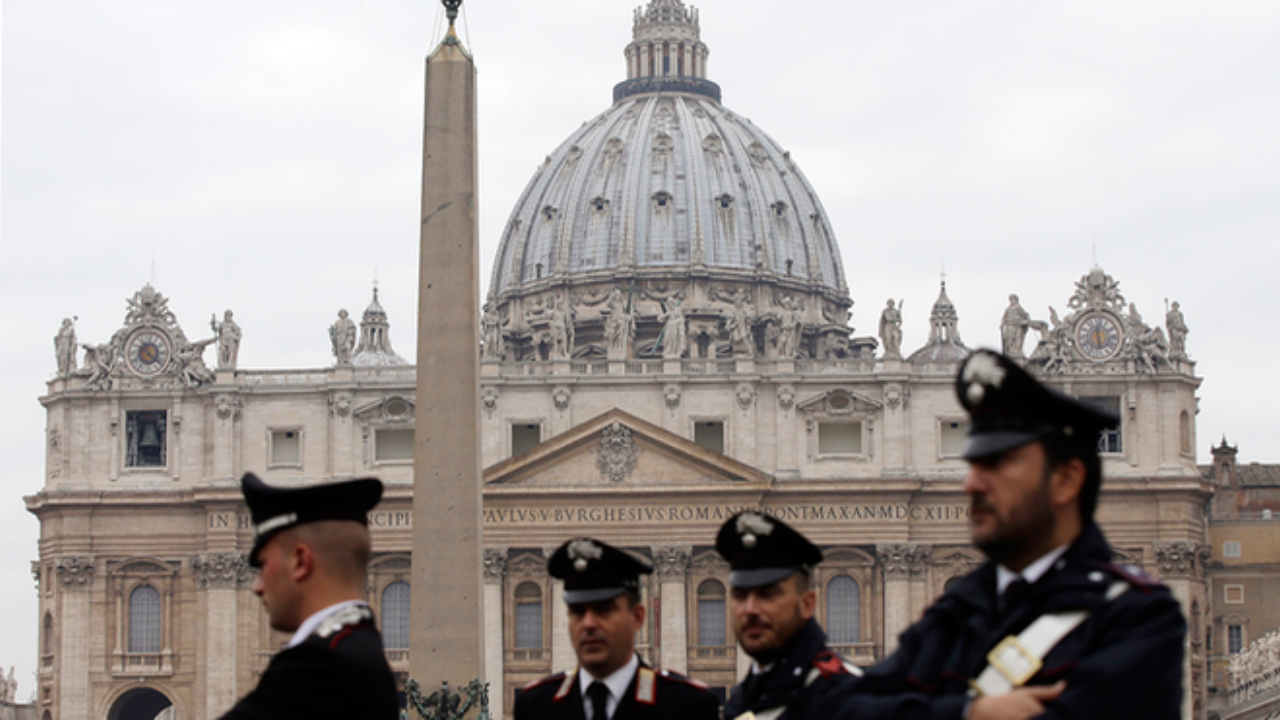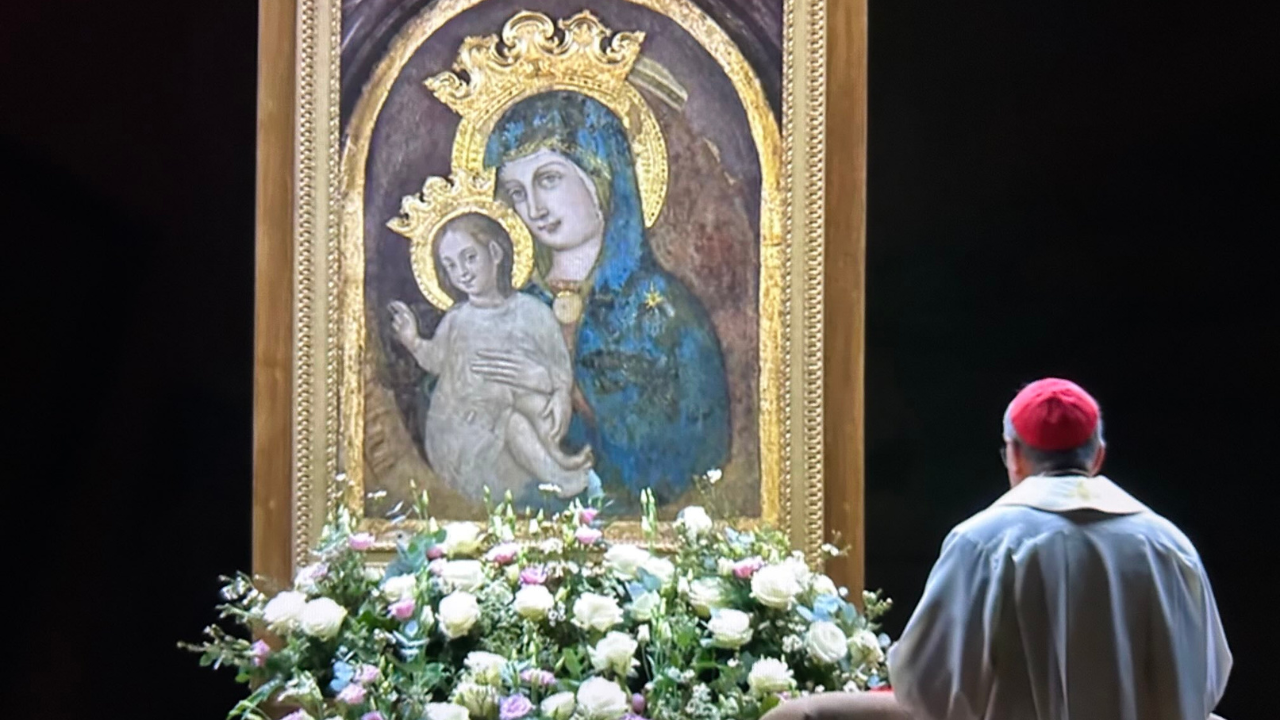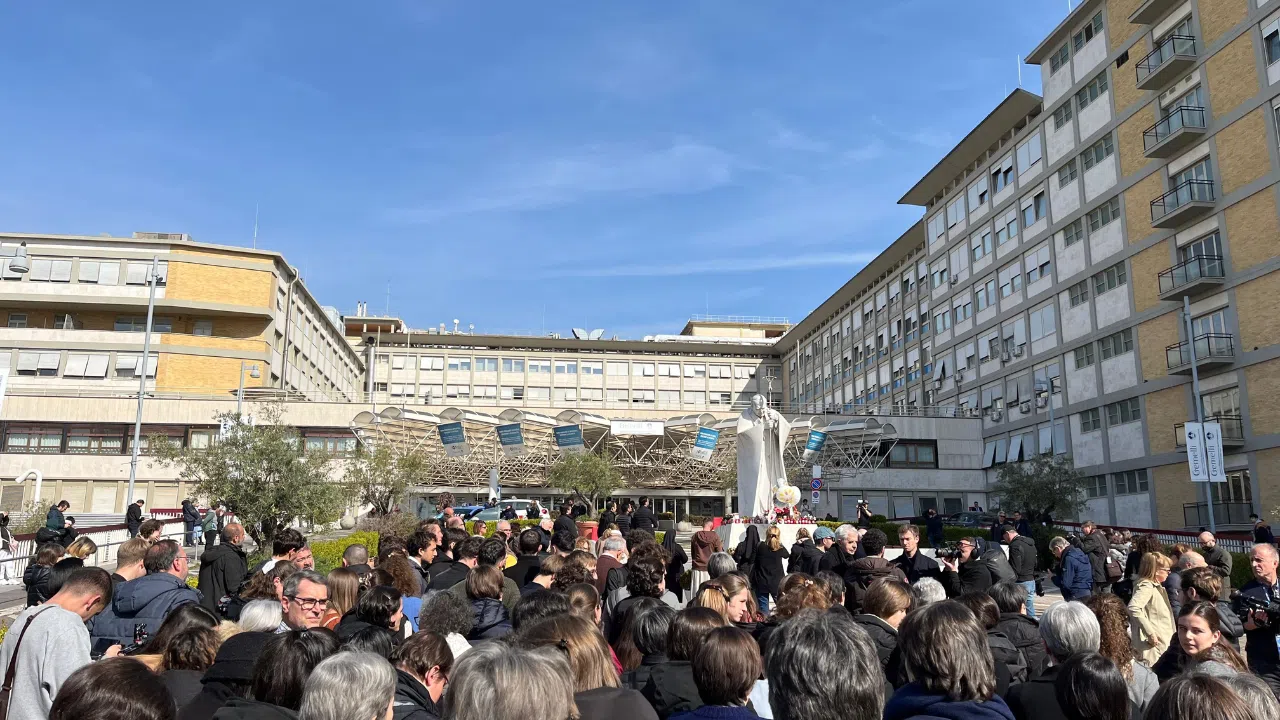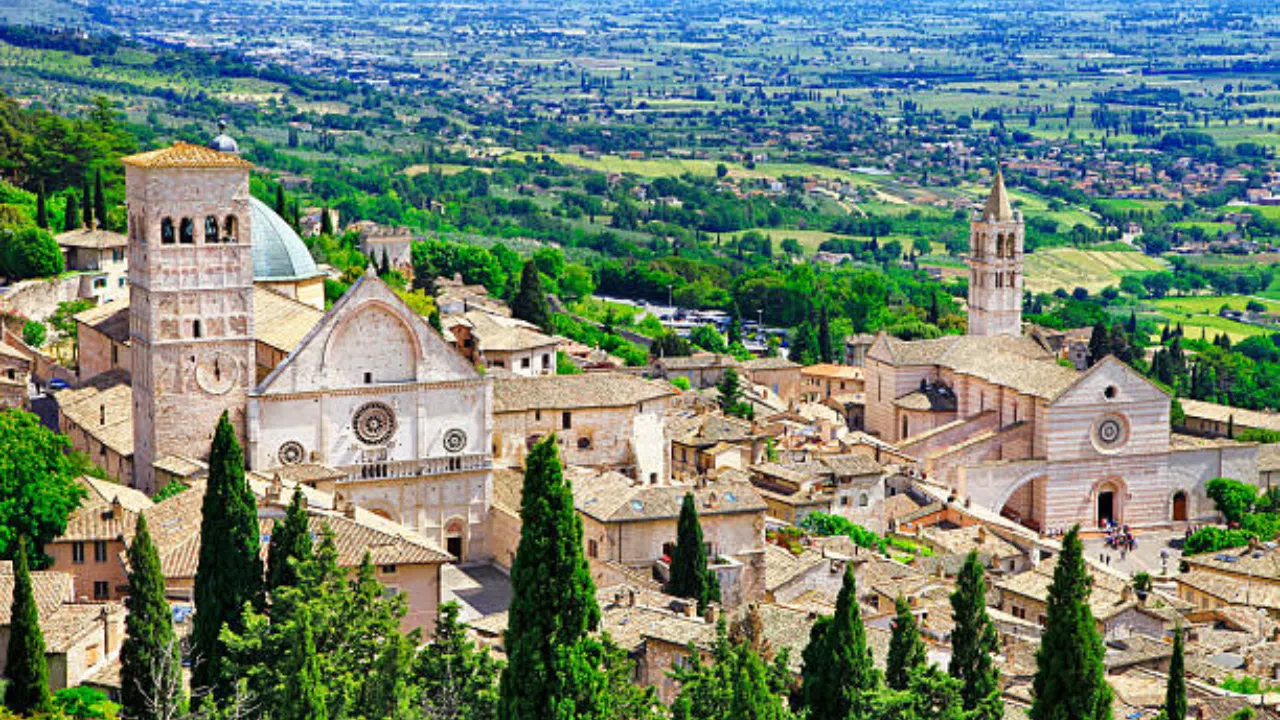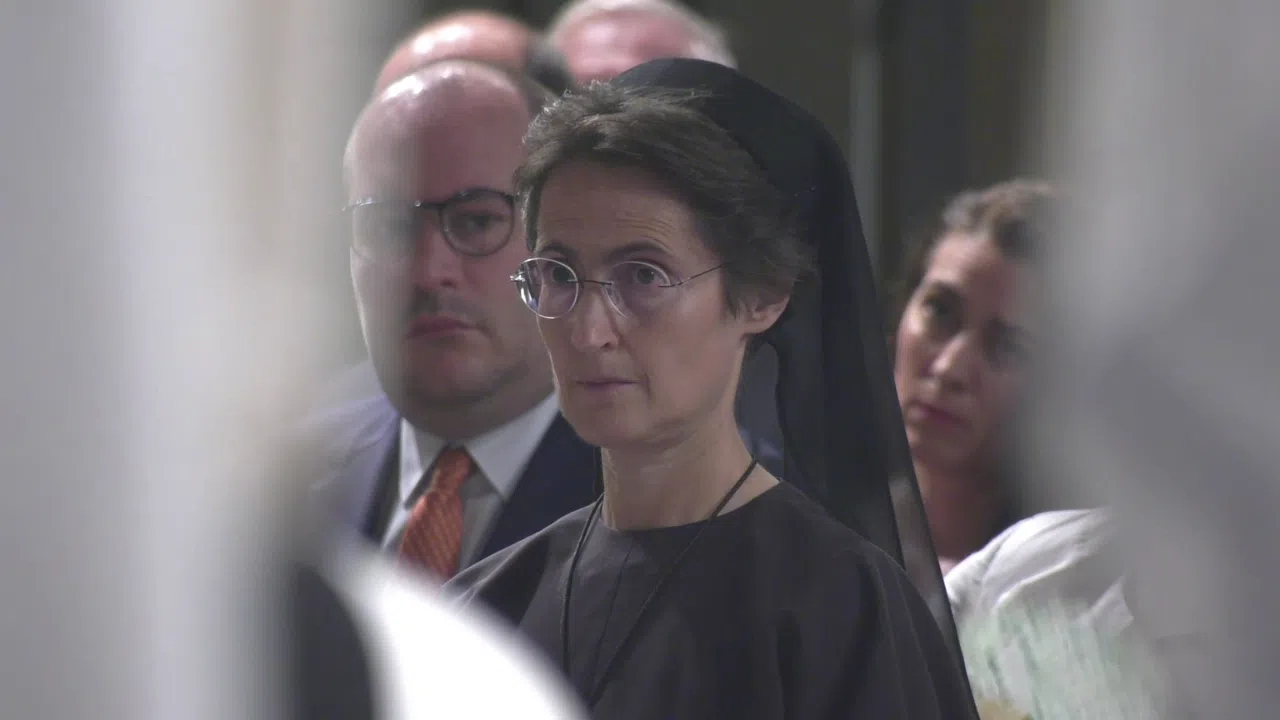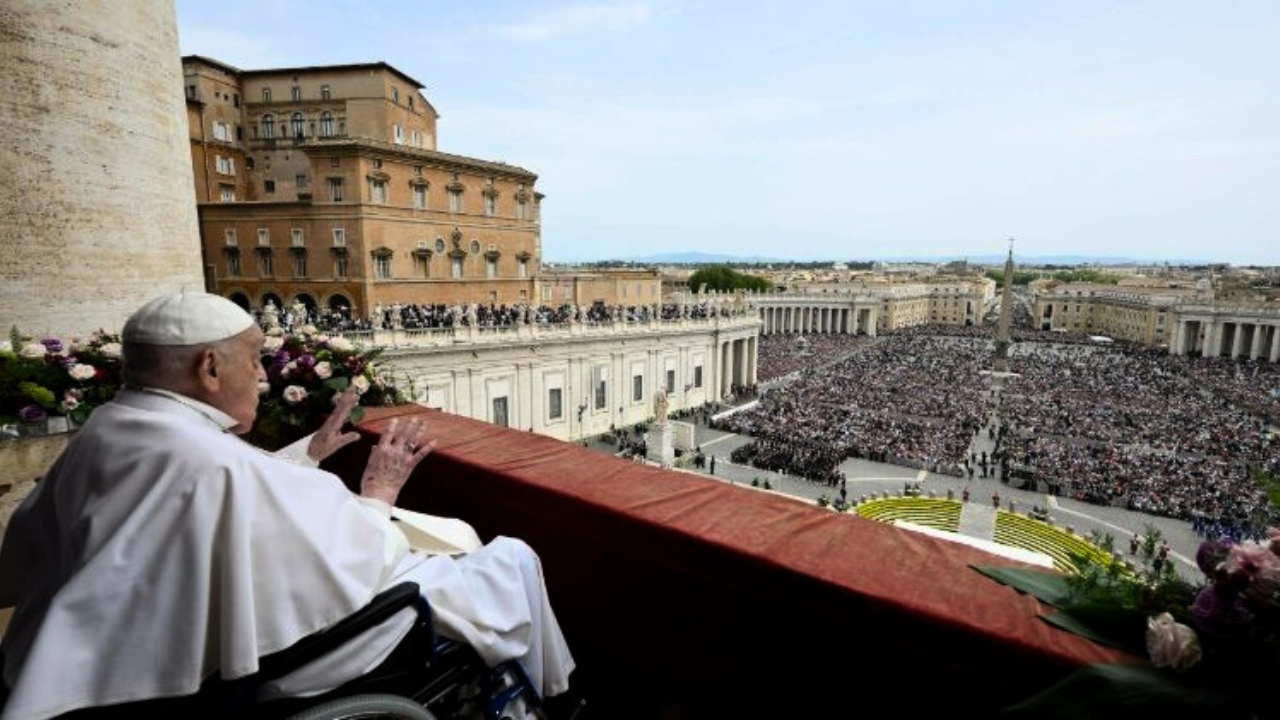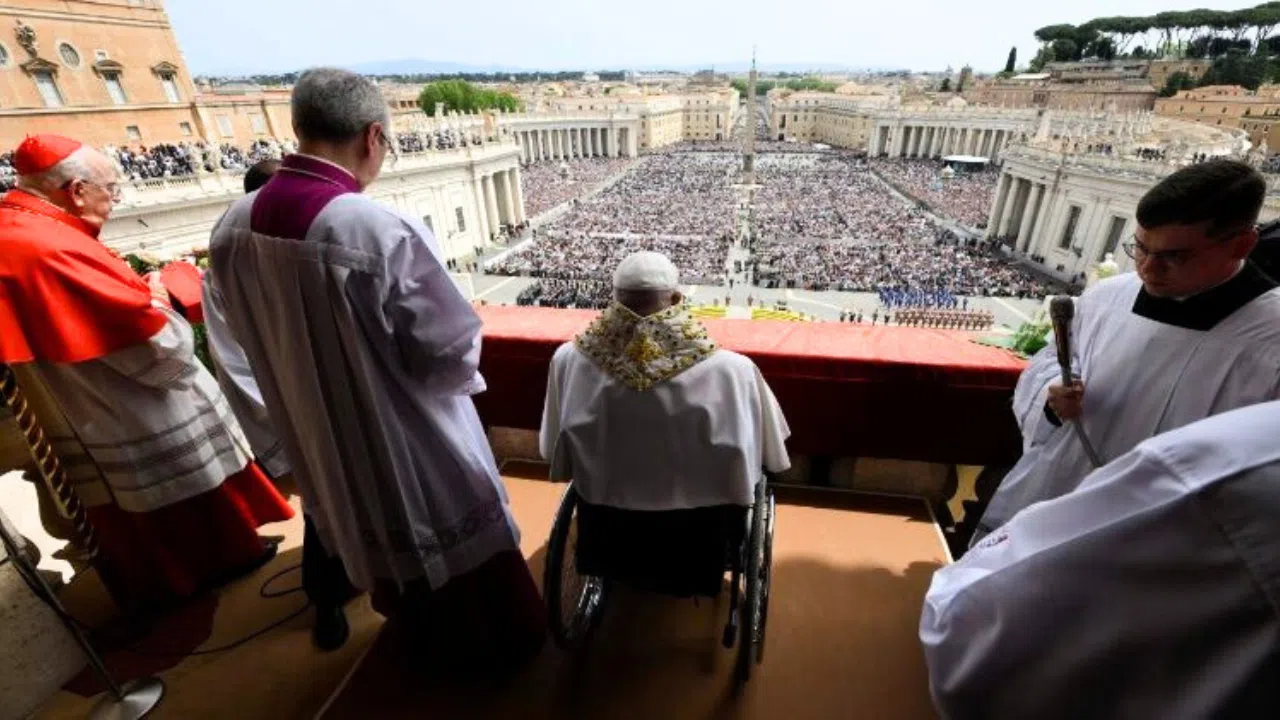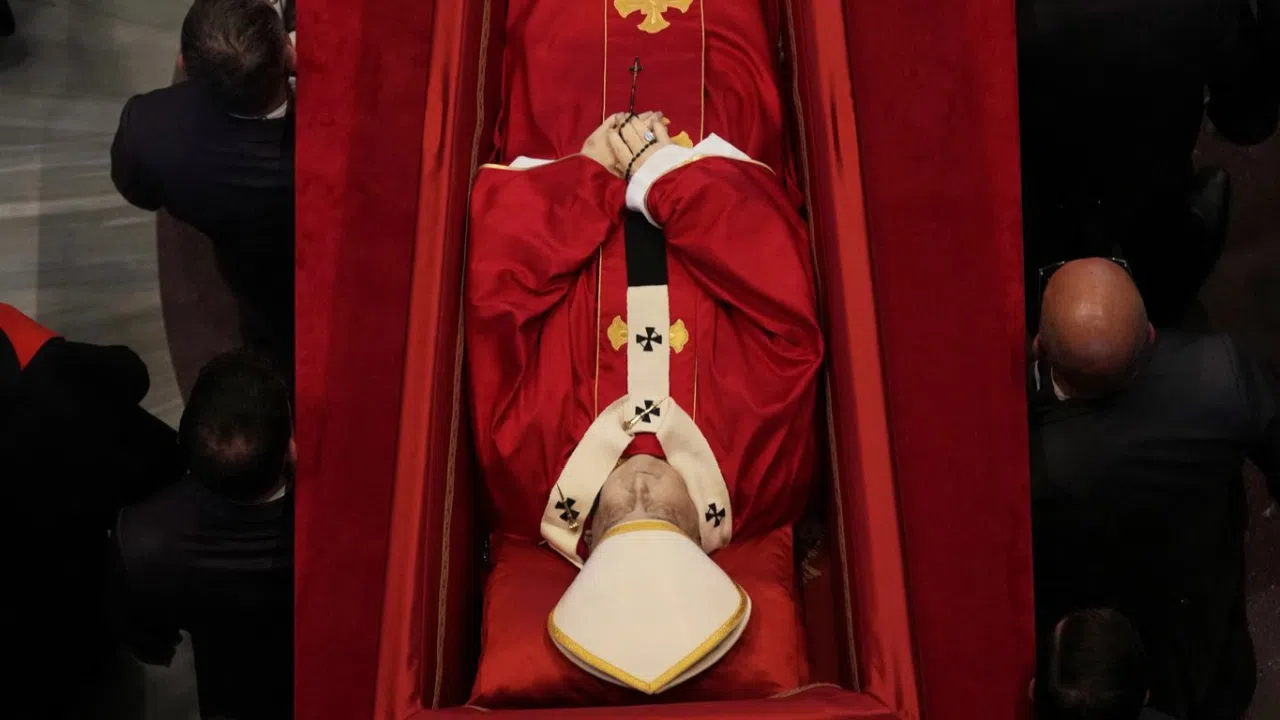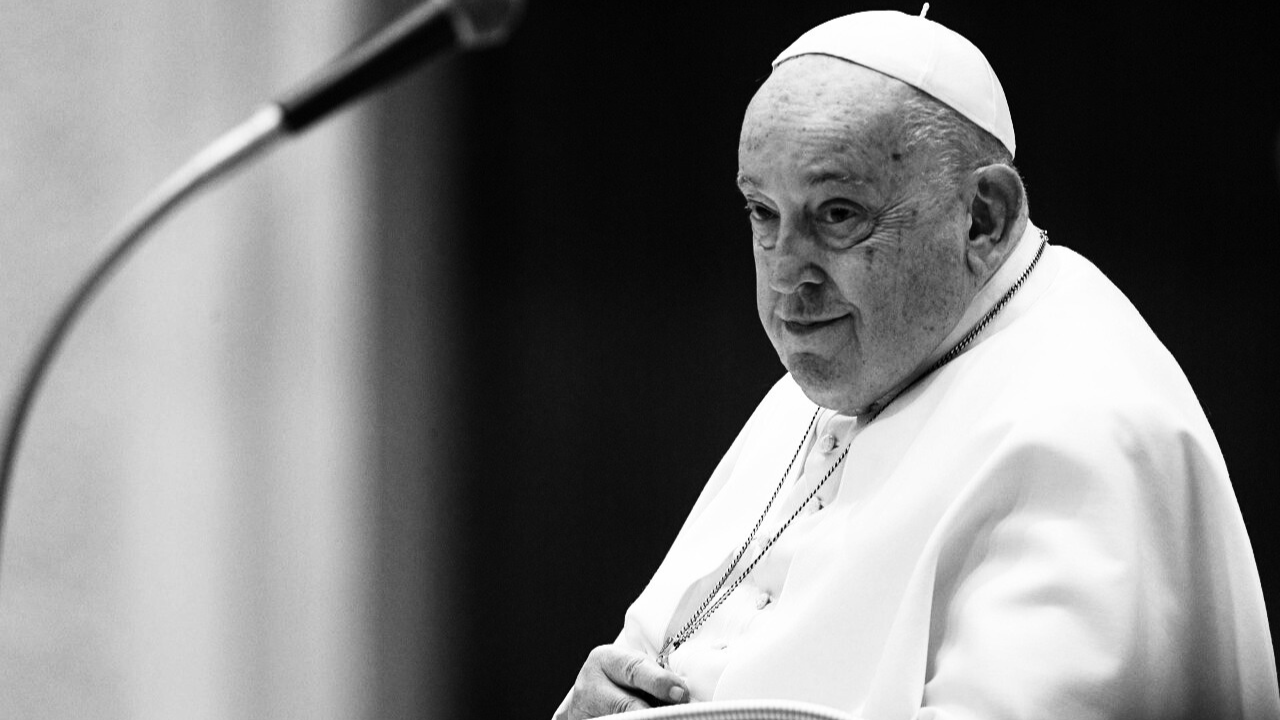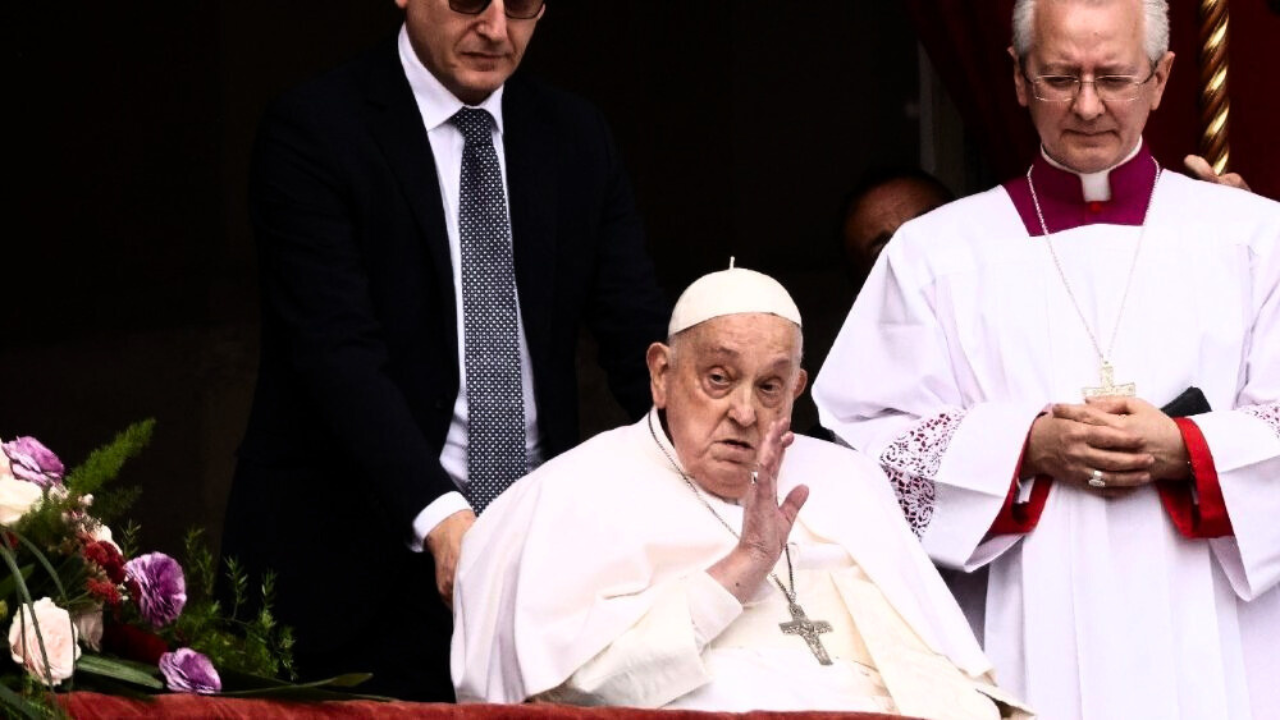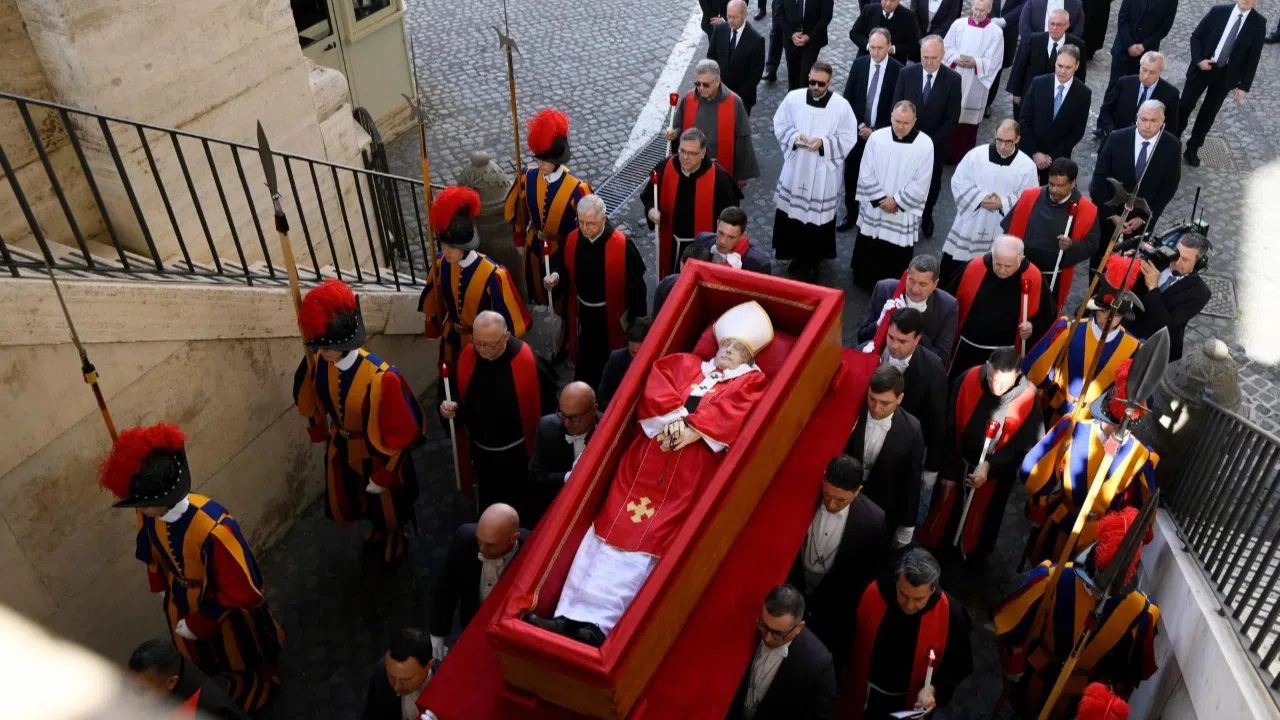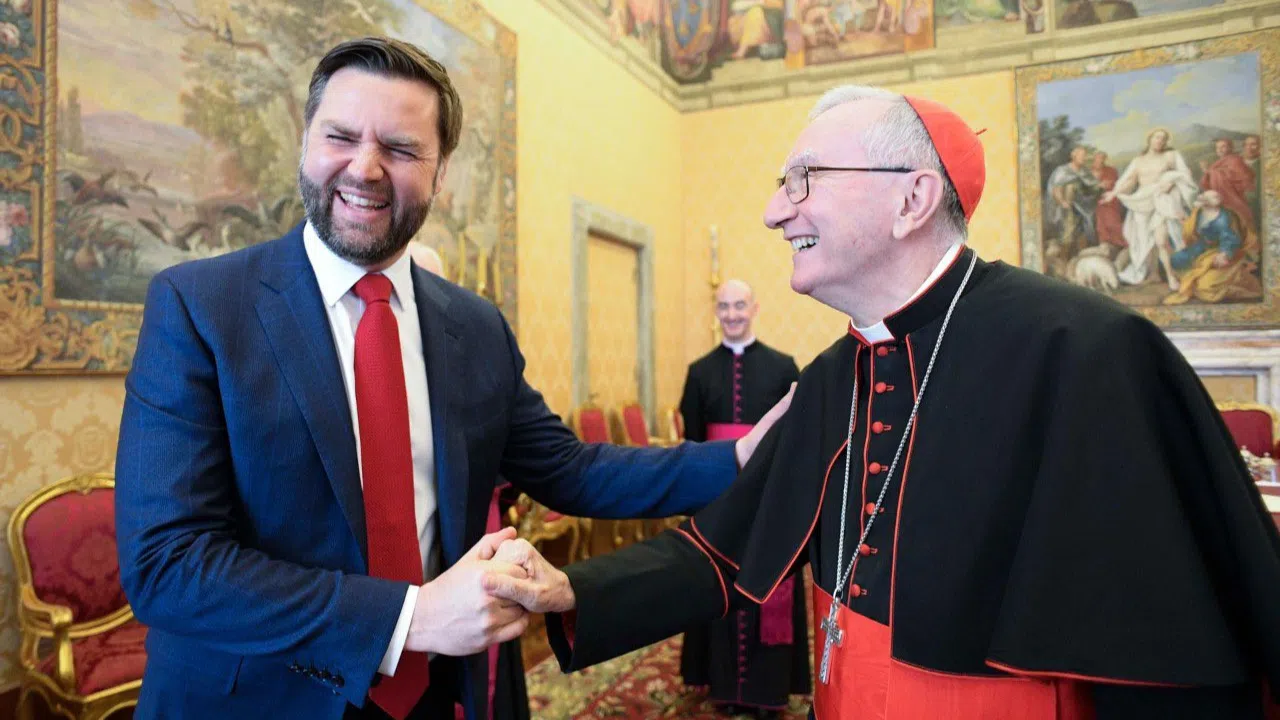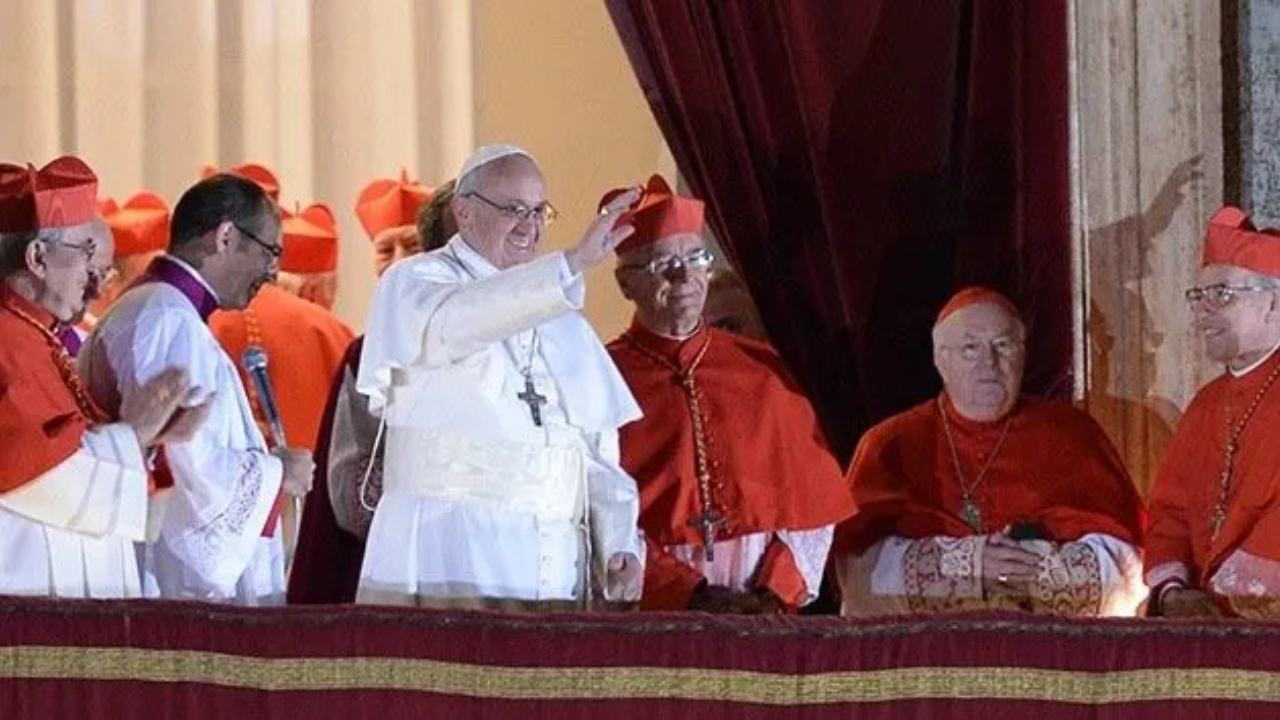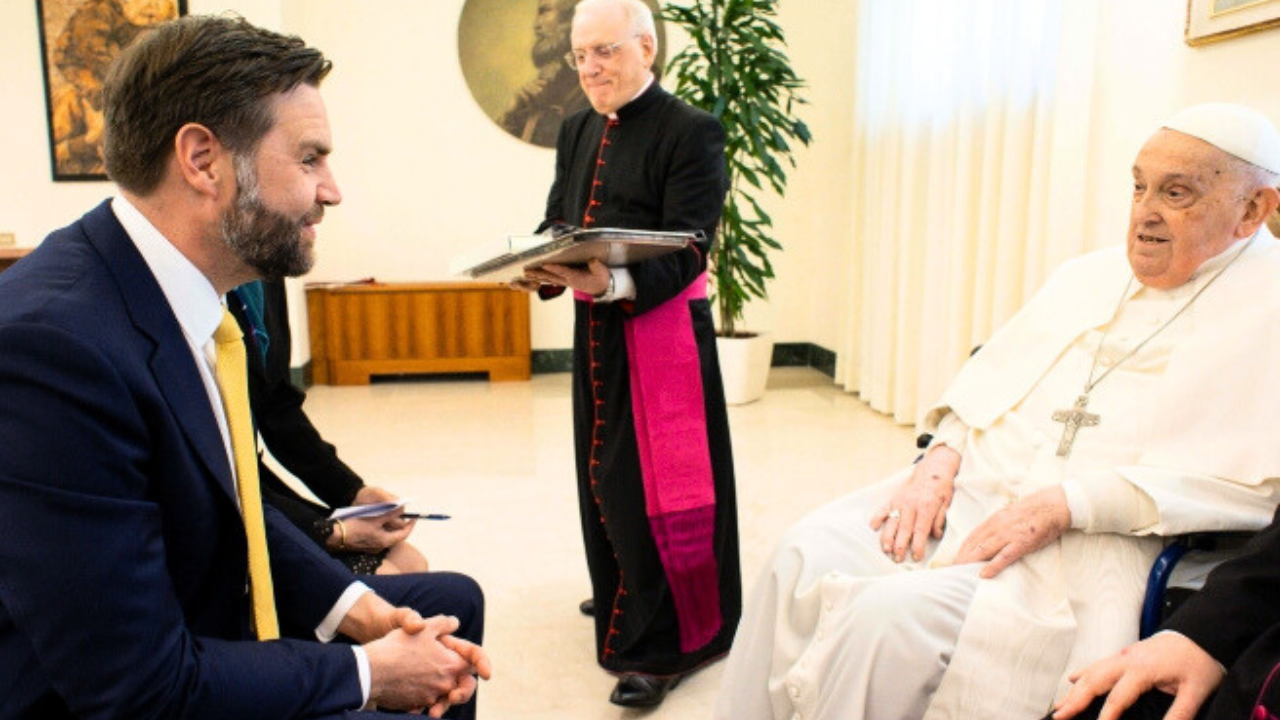Since 2012, the Colombian government has been negotiating with FARC in order to put an end to 50 years of violence and bloodshed.
BISHOP LUIS AUGUSTO CASTRO QUIROGA
President, Episcopal Conference of Colombia
'The population is biased but not towards peace, rather on what are the best paths. For some the path of a military response is still valid. For others the path of dialogue is better. This brings about a very strong discussion.â?
The conflict in Colombia is one of the longest and bloodiest in recent history. Fighting between the government, paramilitary groups and FARC due to drug trafficking has left over 6 million victims dead.
In an effort to foster reconciliation, the Church is helping the government organize meetings between victims and the negotiation table.
BISHOP LUIS AUGUSTO CASTRO QUIROGA
President, Episcopal Conference of Colombia
'I think it has been very positive for the victims, who were able to express energetically, not only the pain but also the will to forgive and reconcile. And on the negotiation table, both Guerrilla and State, there is the recognition of the Guerrilla who have done many bad things. The State as well has recognized that they did things they shouldn't have done to defend the population.â?
Small groups of 12 victims of the FARC, paramilitary or government actions are brought to the negotiation table.
BISHOP LUIS AUGUSTO CASTRO QUIROGA
President, Episcopal Conference of Colombia
'The goal is that the will to not only forgive, but to ask forgiveness emerges in Colombian society, as well as the will for reconciliation. If we do not reach a lasting reconcliation, we are building on sand.â?
The president of the Episcopal Conference of Colombia stressed that the Church is not a mediator between the government and FARC. His role, he said, was to foster forgiveness and reconciliation. This foundation allows for people to once again dream of a fruitful future for Colombia.
JRB/JAE
RR
VM
-PR
Up:AC

